Japan-Taiwan Relations in Context
As a former colony, Taiwan has had long and mostly positive relations with Japan. As a result, today Taipei-Tokyo relations have never been stronger. To illustrate, Taiwan is Japan’s 4th largest export destination at ¥505B in 2023 with the United States at ¥1.81T, China at ¥1.6T, South Korea at ¥569B, and Hong Kong at ¥413B.
Aside from its importance as an economic partner, Taiwan’s geographic position linking the South China Sea to the East China Sea through the Taiwan Strait makes the sea lines of communication (SLOCs) that encircle Taiwan, existential trade arteries to the Japanese economy. Taiwan also shares Japan’s commitment to democracy, freedom of press, rule-of-law and human rights, linking these two societies at a politico-cultural level.
Considering the breadth and depth of bilateral relations in the framework of Japan’s one China policy, Tokyo is likely to aim for a continuation of peace and stability across the Taiwan Strait, and prioritize maintaining the status quo, while balancing between Beijing and Taipei, based on the Joint Communiqué of the Government of Japan and the Government of the People’s Republic of China signed on September 29, 1972. Concretely, this means abeyance to points two and three of the joint communiqué as below:
The Government of Japan recognizes that Government of the People’s Republic of China as the sole legal Government of China.
The Government of the People’s Republic of China reiterates that Taiwan is an inalienable part of the territory of the People’s Republic of China. The Government of Japan fully understands and respects this stand of the Government of the People’s Republic of China, and it firmly maintains its stand under Article 8 of the Potsdam Proclamation.
Tokyo’s National Interests
There are at least two key questions that need to be addressed when discussing the implications of the January 2024 Taiwanese presidential and legislative elections for Japan’s national interests, and the strategic imperatives for Taiwan and the Indo-Pacific region.
What does another four years of DPP rule mean for Japan-Taiwan relations? Second, what recommendations can we put forward to maintain constructive relations that help to preserve the status quo across the Taiwan Strait, while at the same time helps to deter conflict across the Strait or any interaction that would undermine Japan’s national interests?
First and foremost, whether the DPP, KMT or some combination of political parties had won the presidential election, Tokyo prioritized peace and stability across the Taiwan Strait, supporting whichever party won in that context.
The rationale behind Tokyo’s position is simple. Approximately, USD 5.5 trillion in imports/ exports according to some estimates, traveled through the arteries that link the South China Sea in and around the Taiwan Strait, East China Sea to Japan. Disruption through forced “reunification”, political instability, or accidental conflict across the Taiwan Strait would be an existential crisis to Japan’s economy and thus its security within the region.
Internationalizing Taiwan as a Global Public Good
Since the Suga Yoshihide administration’s visit to Washington in 2021 April, we have seen Tokyo position itself on the Taiwan Strait very clearly. In its bilateral statement with Washington, it stressed peace and stability across the Taiwan Strait. This position has become internationalized in the G-7 and the NATO AP4 statements, as well as other statements such as the recent Camp David Principles.
Taiwan’s importance to Japan was also explicitly voiced by the late Prime Minister Abe Shinzo when he said in a speech that “a Taiwan contingency would be a security emergency for Japan requiring Japanese and U.S. intervention.” This position has been consistently reiterated over many administrations in Japan, taking into account its historical, economic, and strategic relationships with Taiwan and its economic relationship with China.
In line with the importance Tokyo places on its relationships with both Beijing and Taipei, Japan continues to not support independence while prioritizing peace and stability across the Taiwan Strait. In a similar vein, as Tokyo communicates this message to Taipei, it’s also communicating to Beijing that it has not deviated from its one China policy.
Priorities with New Leadership in Taiwan
With these positions in mind, when we consider the question as to what the prospects are for another four years of DPP and its impact on Japan- Taiwan relations, Tokyo aims for a continuation of peace and stability across the Taiwan Strait. It aims to support increased trade with Taiwan, more exchanges at the non-state level, such as the consideration of the establishment of an Emergency Assistance Office in Taipei to function as a key institution involved in the evacuation of Japanese citizens in the case of a natural disaster or Taiwan contingency.
Continued commerce as well as continued alignment with Taipei on international and regional issues will also be key priorities for Tokyo as it seeks to invest in a rules-based Indo-Pacific region and the status quo across the Taiwan Strait.
Taipei sees Tokyo as a close friend, partner and important source of diplomatic clout and capital behind closed doors. For Tokyo, Taipei represents an important link on its economy for the forementioned sea lines of communication.
Also, Taiwan occupies an important position in technology supply chains in particular semiconductors, produced by the Taiwan Semiconductor Manufacturing Company (TSMC).
Lastly, Taiwan represents a democratic Chinese political entity within the region that has prospered economically and is a free and open society with a free press and values that resonate with Tokyo.
Deepening Non-State Bilateral Cooperation
We will likely see increased collaboration between Tokyo and Taipei on many regional issues because they have mutual interest in finding ways to cooperate and be aligned on issues such as trade, disinformation prevention or preserving a free and open region.
As Tokyo continues to find creative ways to deepen relations with Taipei at the non-state level and within the context of its one China policy, it will include internationalizing Taiwan so that what happens to Taiwan matters to the international community.
This translates into the promotion of Taiwan as a global public good that contributes to the global economy, global technology supply chains and the promotion of free and open societies based on democracy, freedom of press, and rule of law.
Tokyo is likely to find creative ways to enhance Taiwan’s deterrence through the provision of technologies, cooperation on countering disinformation, informal diplomatic cooperation on issues such as health security or infrastructure and securing an environment in which Japan advocates for Taiwan’s internationalization.
Beijing will no doubt have mixed feelings about this approach. On the one hand, it will welcome Tokyo’s commitment to maintaining the status quo and peace and stability across the Taiwan Strait based on Japan’s one China policy.
On the other hand, it will not appreciate the internationalization of Taiwan as a global public good. For Beijing, Taiwan remains an internal issue that should not be interfered with.
It is important to understand that there is increasing concern within Tokyo about China’s position vis-à-vis Taipei and how its calculations on forced “reunification” may be impacted by the structural slowdown in the Chinese economy and increasing challenges to the political environment within Beijing.
The disappearance of the former foreign minister Qin Gang, the former Chinese Defense Minister Li Shangfu, and the replacement of the rocket force and other high-ranking PLA officers in recent months, suggests that there are many uncertainties within the Chinese political system that could affect Tokyo’s and other like-minded countries’ interests across the Taiwan Strait.
As a result, Tokyo aims to inculcate stability into the trilateral relationship firmly based on the U.S., China, Japan alliance, as well as to incorporate detail deterrence structures, based on extended strategic partnerships with countries like Australia and the UK in the form of reciprocal access agreements.
Going forward, Tokyo-Taipei relations will continue to deepen at the political, cultural and economic levels. We will also see creative ways for Tokyo to enhance the status quo across the Taiwan Strait through deterrence and direct diplomacy with both Taipei and Beijing, mindful of the importance of not deviating away from the status quo.
Policy Recommendations post-Taiwan Presidential election
In the process of deepening Tokyo-Taipei relations within the context of Tokyo’s One China policy and investing in the status quo across the Taiwan Strait, it will be important that Japan practices nuanced and coordinated diplomacy that reflects the consensus of the international community on the importance of Taiwan as a global public good.
First, Tokyo should continue to inculcate the importance of the status quo across the Taiwan Strait in multilateral, minilateral and bilateral statements on every occasion. This includes highlighting the importance of Taiwan in regional technology and other supply chains and how any incident, kinetic or otherwise, could have deep and broad negative impact on the regional and global economy.
Second, Tokyo needs to find ways to help incorporate Taiwan into international institutions and agreements such as the Comprehensive and Progressive Trans-Pacific Partnership (CPTPP), the World Health Organization (WHO), Supply Chain Resilience Initiatives (SCRI) and initiatives that focus on humanitarian assistance and disaster relief as well as search and rescue operations.
Third, working with other like-minded countries, Japan should seek to establish a joint research institute focusing on disinformation. Universities and research institutes in Japan, Taiwan, Canada, South Korea, Australia, and the U.S. should work at the non-state level and conduct research on disinformation identification, mitigation, education, and coordination response mechanisms. This could be then used as policy recommendations for participating countries and Taiwan.
Fourth, Tokyo must be explicit to Taipei that it does not support a unilateral declaration of independence by any government in Taiwan.
Fifth, Tokyo must be explicit to Beijing that Japan can only support a peaceful “reunification” based on mutual agreement between the two stakeholders, an agreement not manifested through force and/or coercion.
Finally, Tokyo needs to work unilaterally and with like-minded countries to strengthen Taiwan’s civil society, democratic institutions, rule- of-law, and freedom of press and speech. This could be through educational exchanges, non-state exchanges between NGOs, unions and other entities.
Download my chapter at:
Find other chapters at:
My Audio Playlist on Taiwan and the Indo-Pacific:
My Audio Playlist on Japan and the Indo-Pacific:
My recent trip to Hungary to discuss Japan’s technology, the Free and Open Indo-Pacific Vision, Japan’s role in the modernization of the Indo-Pacific




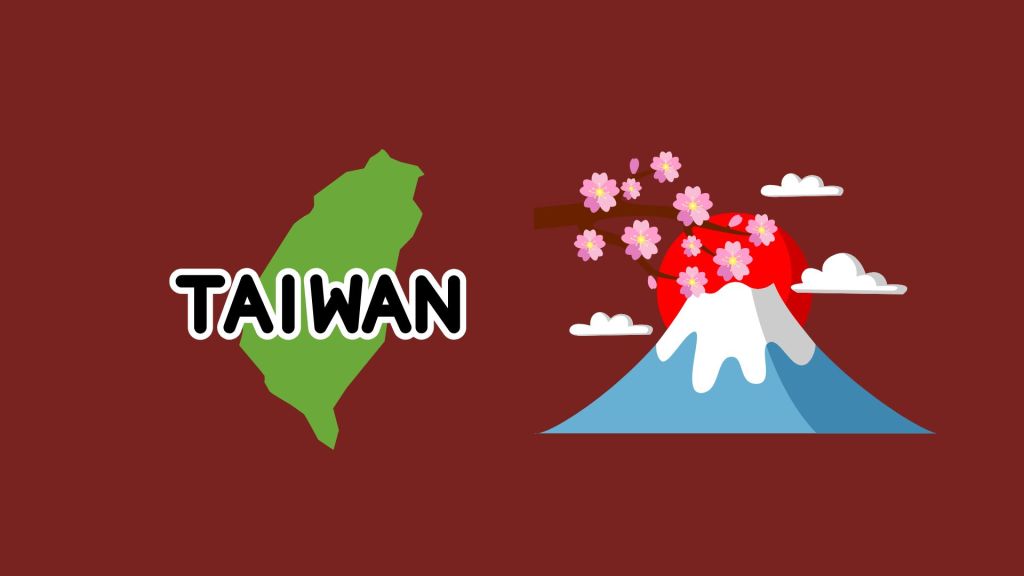
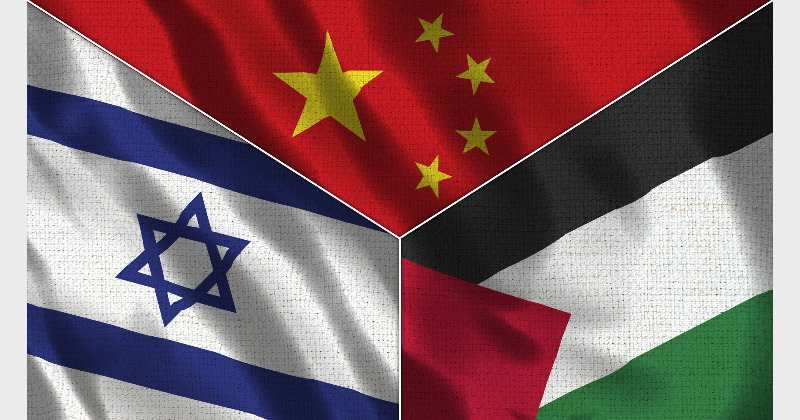
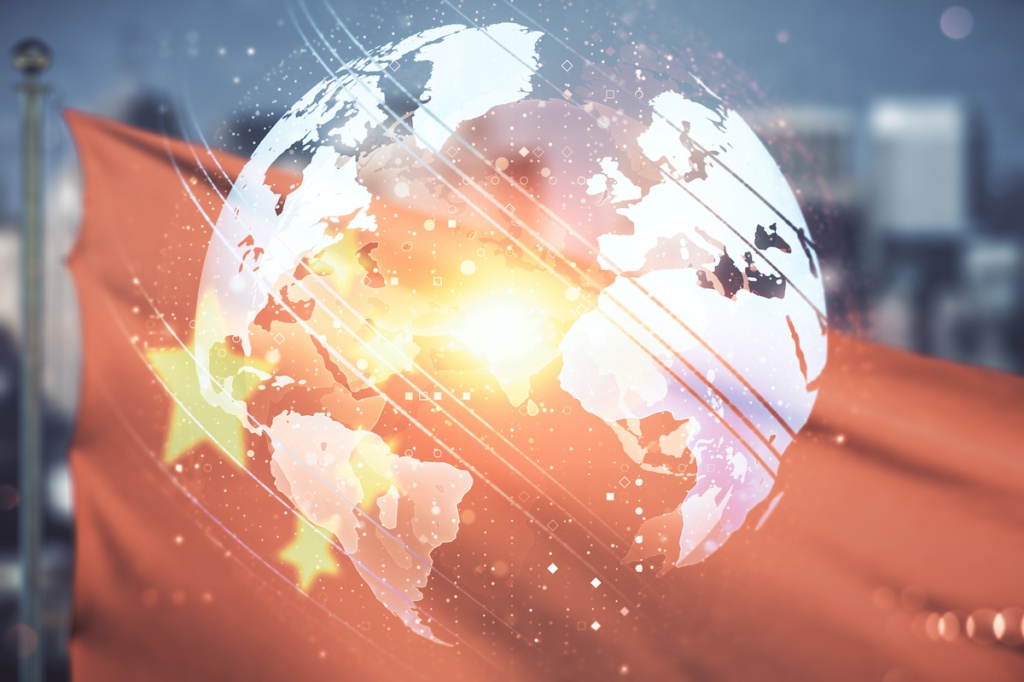
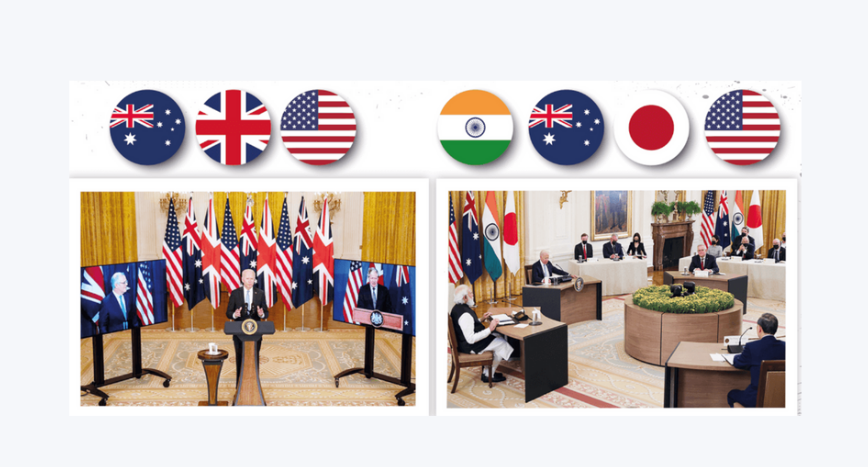
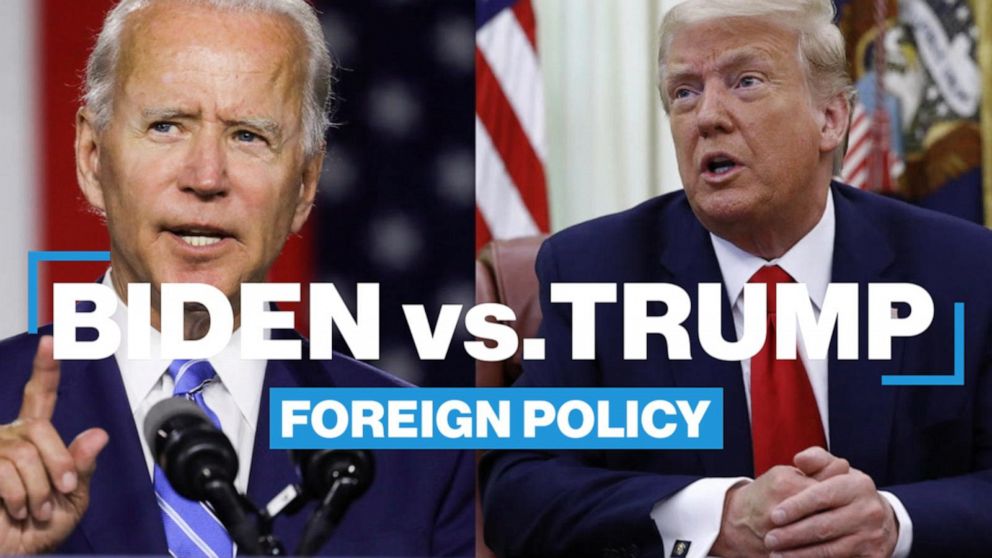
Leave a comment